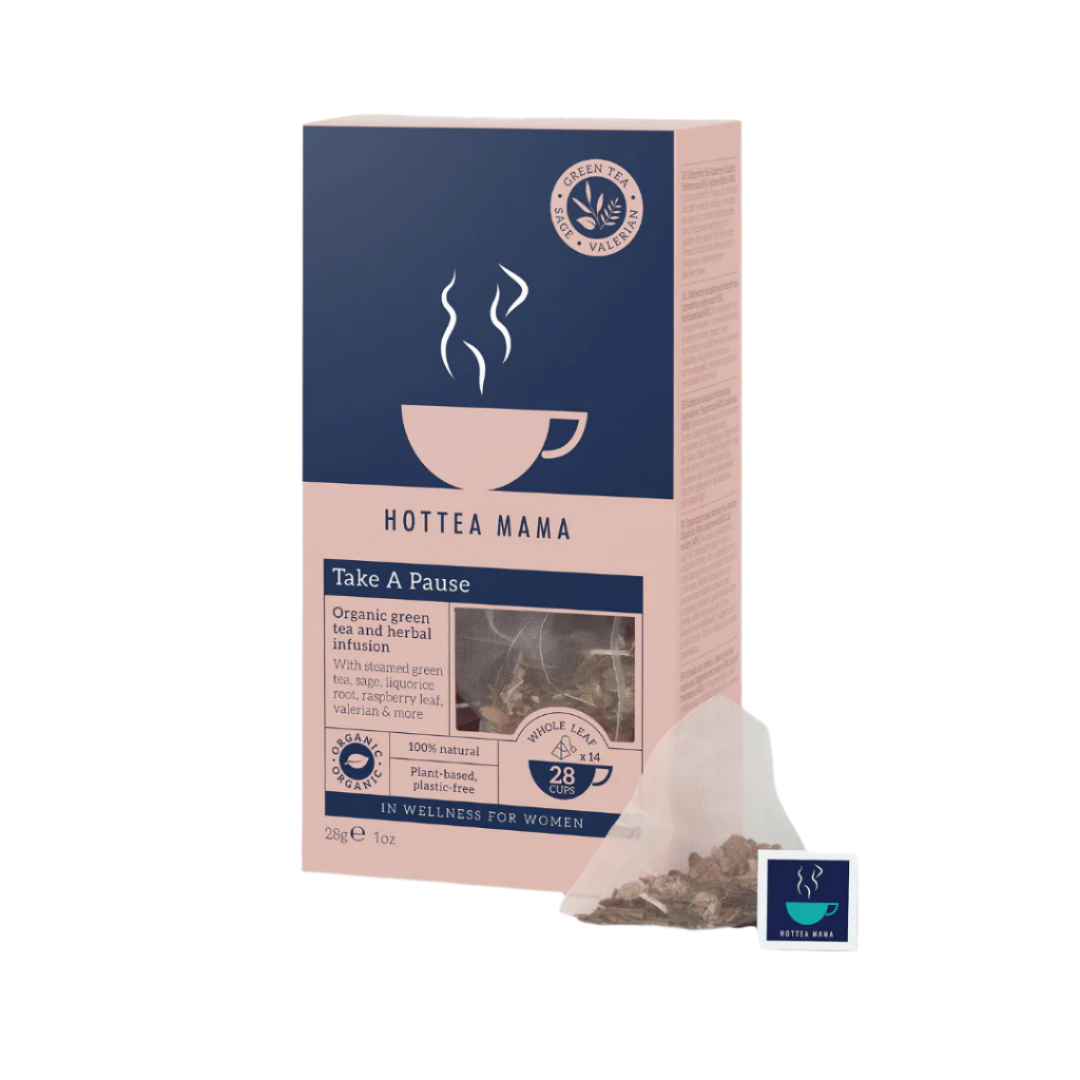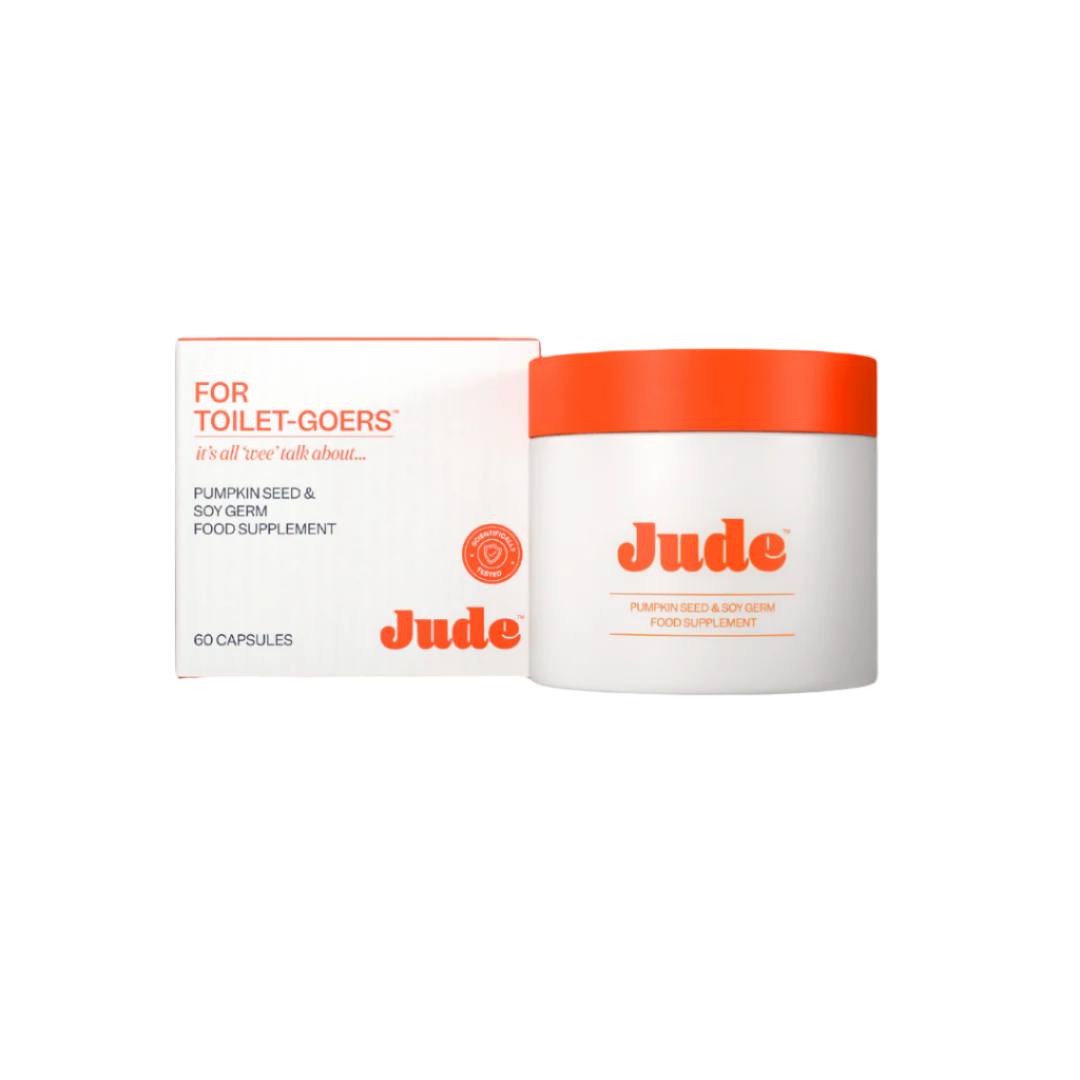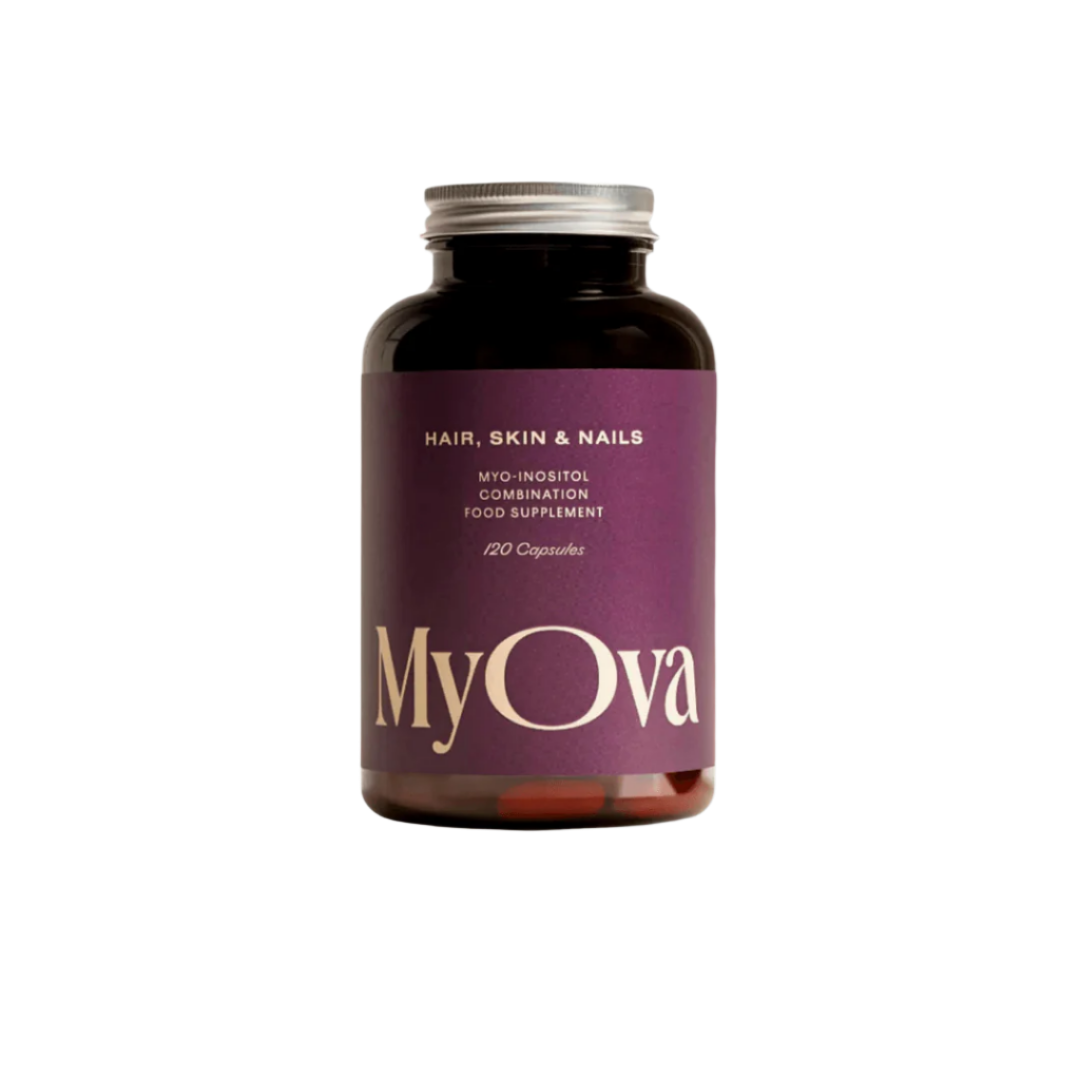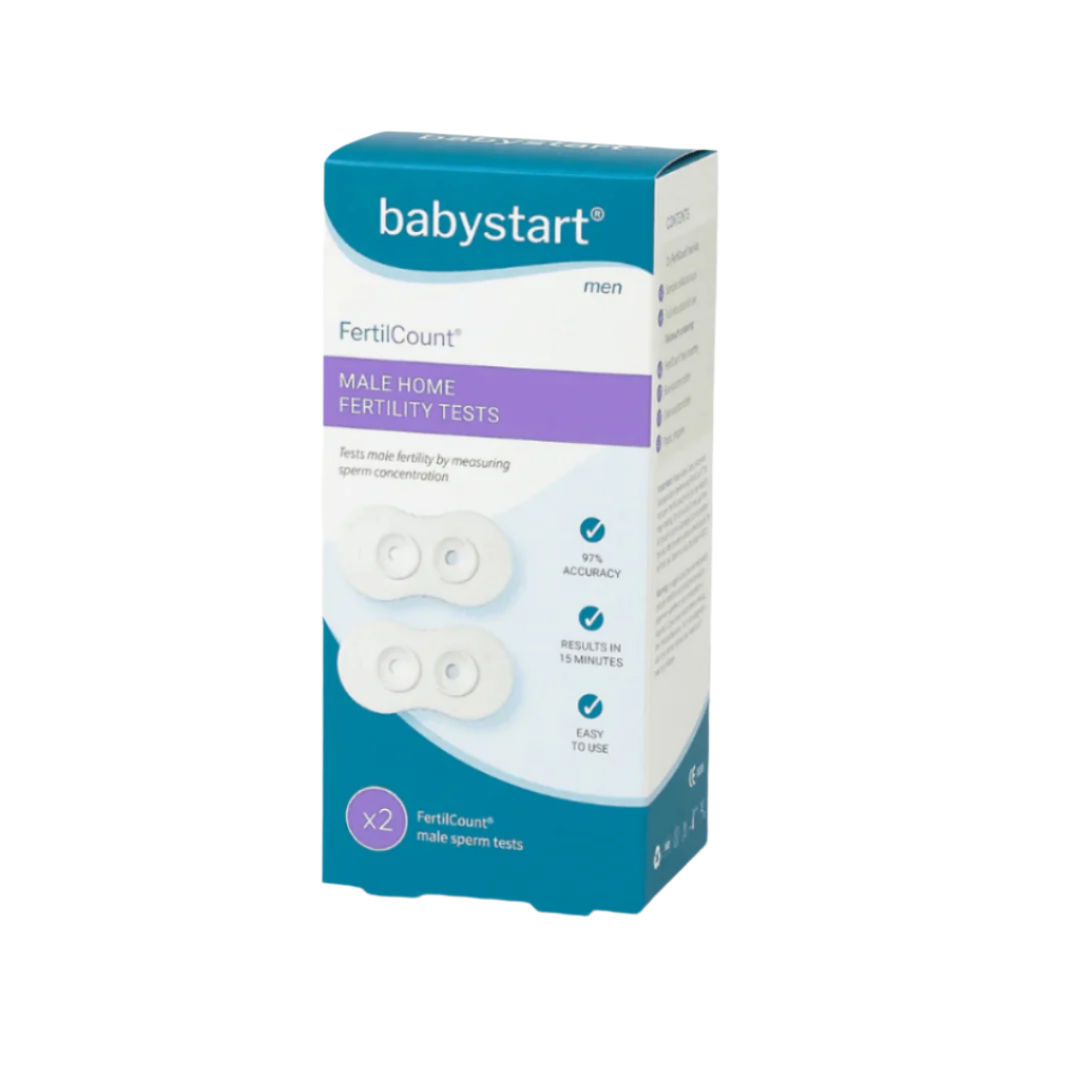At femme, we love exploring holistic approaches that support women’s health alongside traditional medicine. This month, we sat down with Gaynor, a clinical reflexologist based at the Juniper Clinic in Stockton, to talk about reflexology & women's health and the surprising ways this gentle therapy can support fertility and wellbeing.
Q: For anyone new to reflexology, how would you explain what it is and how it works?
Gaynor: Reflexology is a non-invasive, holistic treatment that’s usually carried out on the feet, though it can also be done on the hands, face, or upper legs.
It works by stimulating reflex points on the feet that correspond to different organs and systems in the body. By applying pressure to these points, we aim to encourage balance — what we call homeostasis — and support the body’s natural ability to heal.
Reflexology is essentially a form of therapeutic touch. Because our mental health and physiology are so closely linked, balancing one can have a positive effect on the other.
Q: How can reflexology help couples trying to conceive?
Gaynor: I’ve specialised in fertility reflexology for over 11 years, and while we can’t make guarantees, I’ve seen reflexology make a real difference for people struggling with conditions like PCOS, or they don't have regular cycles, or unexplained infertility. A lot of the time, couples who come to me have been trying to conceive for a long time, sometimes years and they come across reflexology often by recommendation and principally I just say to them, "I'm here to support you and to help you to relax."
The main way reflexology helps is by encouraging relaxation. Because we know high cortisol and adrenaline levels can negatively impact reproductive health. By reducing stress, supporting deeper sleep, and calming the nervous system, reflexology can create a more supportive environment for ovulation, hormone balance, and overall fertility.
At the very least, it helps people feel calmer and more in control. And yes - many clients have gone on to conceive.

Q: Beyond fertility, what other health concerns do clients seek reflexology for?
Gaynor: Quite a wide range. Some of the most common include:
Migraines: By working the toe reflexes (linked to the head), I’ve seen clients with debilitating migraines experience significant relief. By working these reflexes we incorporate lymphatic drainage just to get things moving and shifting.
Stress and anxiety: Reflexology can calm the amygdala (the part of the brain responsible for fight-or-flight responses), reducing the ripple effects stress has on digestion, immunity, and sleep.
Menopause: Many clients come for support with hot flushes, mood changes, or sleep disruption.
IBS and digestive issues: Stress often worsens gut symptoms, so by calming the nervous system, reflexology can help digestion too.
It’s incredibly rewarding to see clients feel lighter, calmer, and more balanced after a session. I had one client who had really debilitating migraines to the point where they were not able to do what they love, she was retired and loved to go on walks, but she couldn't due to these debilitating migraines, and of course that has an impact on your mental health and wellbeing. So we started working together and she came back and said, "I just can't believe how different I feel.".
Q: It must be so rewarding being able to help with so many area's of women's health. Do you get a lot of satisfaction from seeing the impacts of reflexology?
Gaynor: Yes, especially with my area of expertise being fertility. It's all rewarding, but of course if I do get someone coming in who's been trying to conceive and they say, "I've for a positive pregnancy test" or "Here's a picture of my baby." or you know the baby has arrived safely, that's absolutely lovely to hear.
Q: Is there research that supports reflexology, particularly in women’s health?
Gaynor: There is research, though we need more. Some key studies include:
2021 study: Reflexology showed promising results in reducing premenstrual syndrome (PMS) symptoms.
2010 trial: Reflexology was found to be more effective than ibuprofen in reducing menstrual pain (dysmenorrhea), with effects lasting beyond treatment.
2002 trial: Reflexology was shown to ease menopausal symptoms.
2025 study: Reflexology improved sexual function in lactating women, which reflects its impact on regulating the nervous system and hormone balance.
While more large-scale research is needed, these studies highlight the potential benefits in reproductive health, menstrual wellbeing, and beyond.
Q: Can people try safe reflexology techniques at home?
Gaynor: Absolutely! Reflexology is safe at all life stages - preconception, pregnancy, and postpartum. Anyone can give it a try.
Start with a chart: Search online for a reflexology foot, hand, or ear chart.
Work reflex points: Use your thumbs or fingers to gently press and massage points linked to areas of concern (for example, ovaries for reproductive health, toes for headaches, or ears for overall balance).
Partner practice: Ask a partner to work on your feet or hands - it’s a lovely way to receive support.
The key is consistency. Even small amounts of self-reflexology can promote relaxation and support your body’s natural rhythms.

Q: What’s your favourite part of being a reflexologist?
Gaynor: Honestly, it’s the transformation I see in clients. Whether it’s someone finally finding relief from migraines, or a couple conceiving after years of struggle, it’s incredibly rewarding.
Every client’s story is different, but helping them find balance, calm, and renewed hope is what makes this work so special.
Final Thoughts on Women's Health & Reflexology
Reflexology is more than just a foot massage - it’s a holistic therapy that supports the body, mind, and emotions. Whether you’re navigating fertility challenges, hormonal changes, or everyday stress, reflexology can help bring your body back into balance.










